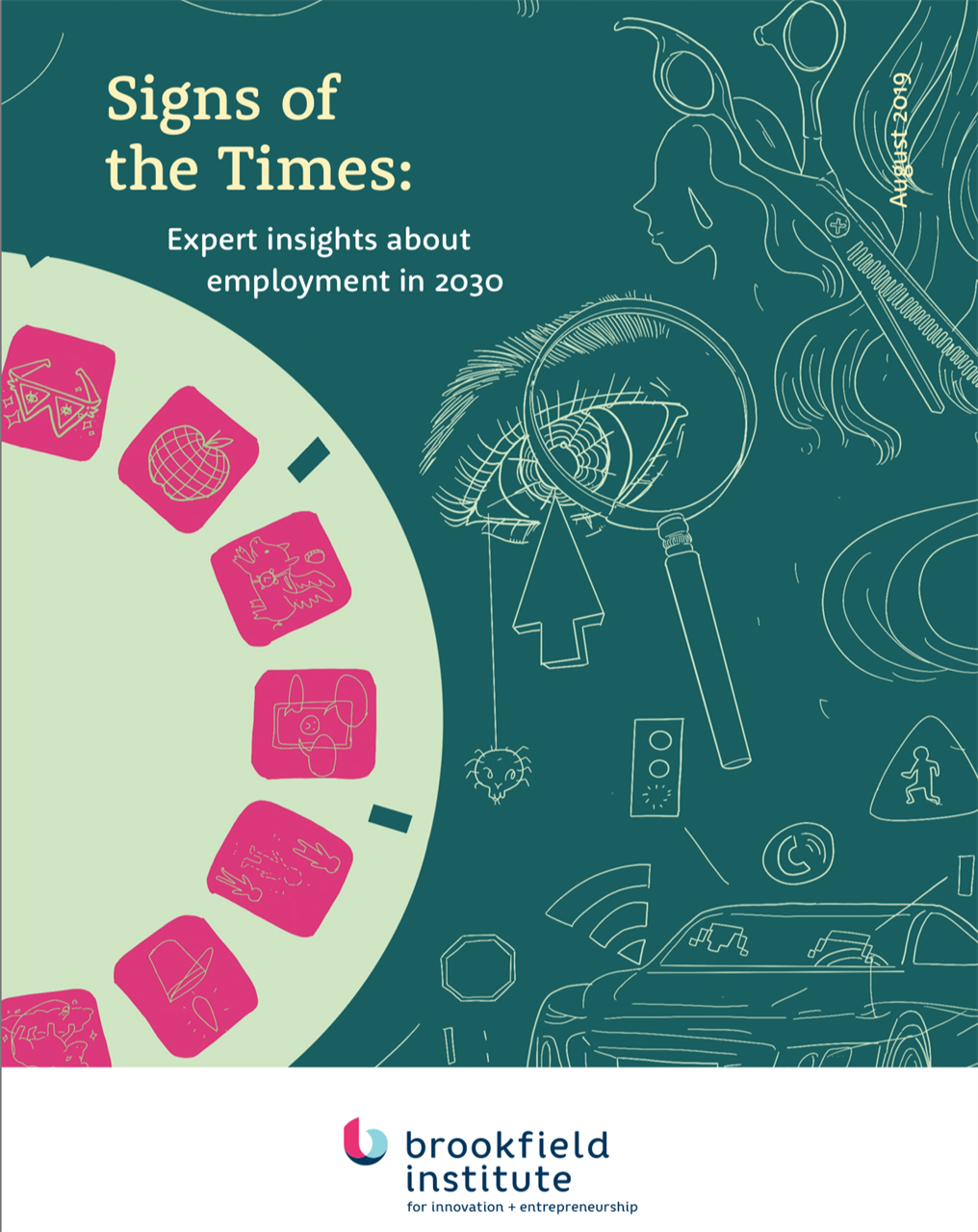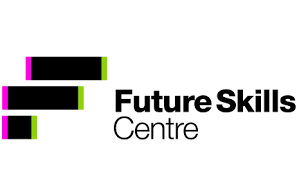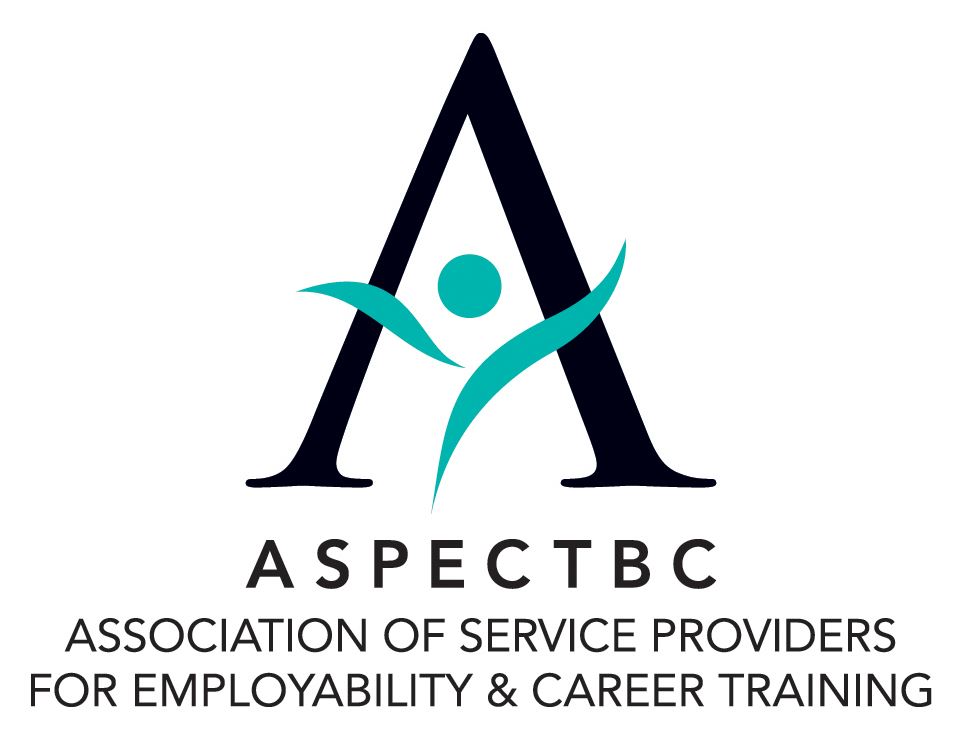The intervals of change -- the time between when technology or ideas are introduced, adopted, and becomes a part of everyday life -- are shortening. Being able to identify trends that are going to stick around is a skill in great demand. With this in mind, I wanted to draw your attention to some research and opportunities coming your way.
The Brookfield Institute

In mid-August, the Brookfield Institute released part two of their Employment in 2030 initiative. Entitled
Sign of the Times: Expert insights about employment in 2030, the report outlines the results from workshops held across Canada to answer some of the following questions: Will creativity be the most important skill for employability in Canada in 2030? Do all Canadians need to learn how to code? Should Canadian workers focus on building their soft skills?
Part one, which was released in April this year, is called Turn and Face the Strange: Changes Impacting Employment in Canada. This report looks back at 2018 and then tries to address the trends of the future such as technological change, globalization, demographic change, environmental sustainability, urbanization, increasing inequality, and political uncertainty.
Future Skills Centre

You've likely already seen it but in case you haven't, there is a
call for proposals that closes later this month. According to the information on the
Future Skills Centre website, the proposals should try to answer and address the following questions:
- How can we best support Canadians facing labour market disruption to transition to new jobs or industries?
- How can employers be more effectively engaged in developing and delivering demand-driven solutions to skills gap challenges?
- How can skills development systems be optimized, building up the capacity of service providers and encouraging collaboration between organizations?
We may not be futurists, but ASPECT members are the experts because you are on the ground working in the community with job-seekers and employers. You are able to notice the gaps in funding and programs before anyone else, and it's my job to distribute that information to researchers and government on your behalf. Take a moment to email your thoughts on the subject and I'll get them to where they need to be.
Janet Morris-Reade
